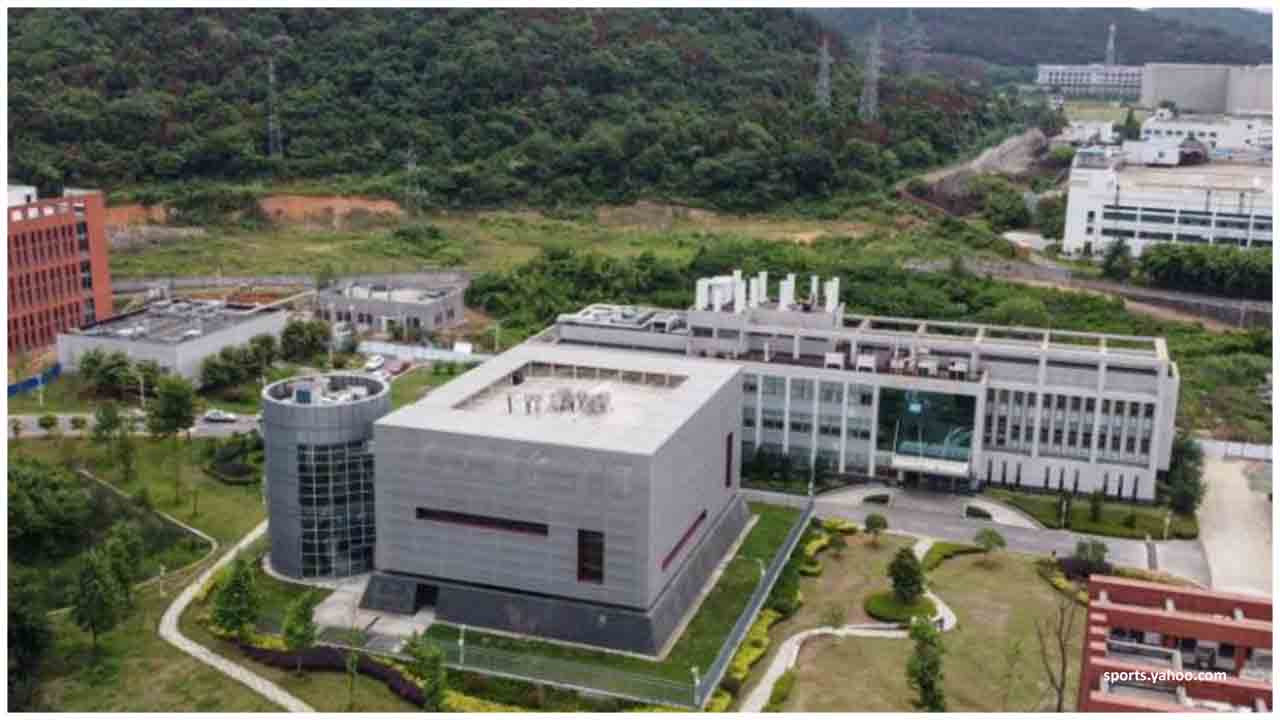The State Department has discharged an interior link from 2018 itemizing the worries of U.S. Consulate authorities in China about an absence of sufficiently prepared staff at a virology lab in Wuhan, the city that later turned into the focal point of the novel coronavirus episode.
The spilled substance of the link started a problematic hypothesis from senior U.S. authorities starting in April that the episode happened because of a mishap at the Wuhan Institute of Virology.
In May, President Donald Trump said he had seen proof that gave him a "serious extent of certainty" that the coronavirus began in a Chinese lab. When inquired as to why he was sure, Trump stated, "I can't disclose to you that. I'm not permitted to disclose to you that."
The whole of the link had not been discharged through authentic channels until this week after The Washington Post documented a Freedom of Information Act claims for the records. The Post sued in April after the State Department neglected to create the records in the period required by the law.
The full link doesn't fortify the case that a mishap at the lab made the infection escape, nor does it bar the chance. Be that as it may, lately, the incredulity of the mishap hypothesis has expanded in mainstream researchers because the hereditary arrangements of secludes from the bat coronaviruses known to be under examination at the lab don't coordinate those of covid-19.
The State Department link says the lab, which U.S. authorities visited in 2018, "has a genuine lack of suitably prepared experts and examiners expected to securely work this high-regulation research facility."
It likewise says that researchers in the lab were permitted to consider SARS-like coronaviruses secluded from bats however were blocked from examining human-sickness causing SARS coronaviruses in their lab except if given unequivocal consent from an assigned commission.
"I don't perceive any proof to help the possibility this was discharged intentionally or unintentionally," said Ian Lipkin, the chief of the Center for Infection and Immunity at Columbia University, after The Post transferred the substance of the link. "You can't simply say somebody is blameworthy of unintentionally discharging an infection. You need to demonstrate it."
Different specialists made light of the centrality of the link's analysis of the lab's faculty capabilities. "There is a proceeding with a worldwide test in keeping up the fittingly gifted workforce. All [such] offices around the globe face this test," said Rob Grenfell, the chief of wellbeing and biosecurity at the Commonwealth Scientific and Industrial Research Organization.
The link is checked "SBU," for touchy however unclassified.
This spring, after Trump's comments about the lab, Secretary of State Mike Pompeo said there is "colossal" proof to help the hypothesis that the coronavirus started in the Wuhan lab.
When inquired as to whether he had proof supporting the lab hypothesis past the 2018 update, a representative didn't highlight a particular snippet of data however offered Pompeo's comments from Wednesday approaching China to be straightforward.
"They have demolished examples; they've taken writers and specialists who were set up to discuss this and not allowed them to do what countries that need to play on a worldwide scale and worldwide stage should do: be straightforward and open and convey and participate," Pompeo said
The Office of the Director of National Intelligence has not supported or invalidated the lab hypothesis. In May, it gave an announcement saying insight authorities were all the while looking at whether the infection "started through contact with contaminated creatures or if it was the aftereffect of a mishap at a research center in Wuhan."
The announcement said the knowledge network "agrees with the wide logical accord that the COVID-19 infection was not man-made or hereditarily changed."
The uncommon revelation by the insight network followed a report in the New York Times that Trump organization authorities were pushing U.S. spy offices to help the hypothesis that the infection originated from the lab in Wuhan.
The Trump organization has denounced China and the World Health Organization of neglecting to contain the infection and caution the remainder of the world about its lethality.
Over 140,000 Americans have kicked the bucket of the coronavirus and almost 3.7 million have contracted covid-19, which has constrained organizations, schools, and places of love to close all around the globe.
Tom Inglesby, the executive of the Center for Health Security at Johns Hopkins University, said the full link doesn't affirm nor deny the lab hypothesis, and he stressed that individuals ought not to draw a lot from its cases.
"It was written in January 2018, two years before when this pandemic is decided to have begun, and a lot of progress can occur inside a lab like this in two years," he said.
"In general, my judgment keeps on being that [covid-19] is predictable with a normally happening source," he included. "I'm particularly trusting that Chinese general wellbeing authorities will before long offer the aftereffects of their logical and epidemiologic examinations concerning the root of [covid-19]."
The link's substance was first detailed by Washington Post editorialist Josh Rogin.

 Leaked contents of the cable sparked unproven speculation from senior U.S. officials beginning in April that the outbreak occurred as a result of an accident
Leaked contents of the cable sparked unproven speculation from senior U.S. officials beginning in April that the outbreak occurred as a result of an accident



















.jpeg)







.jpg)




.jpg)





.jpeg)